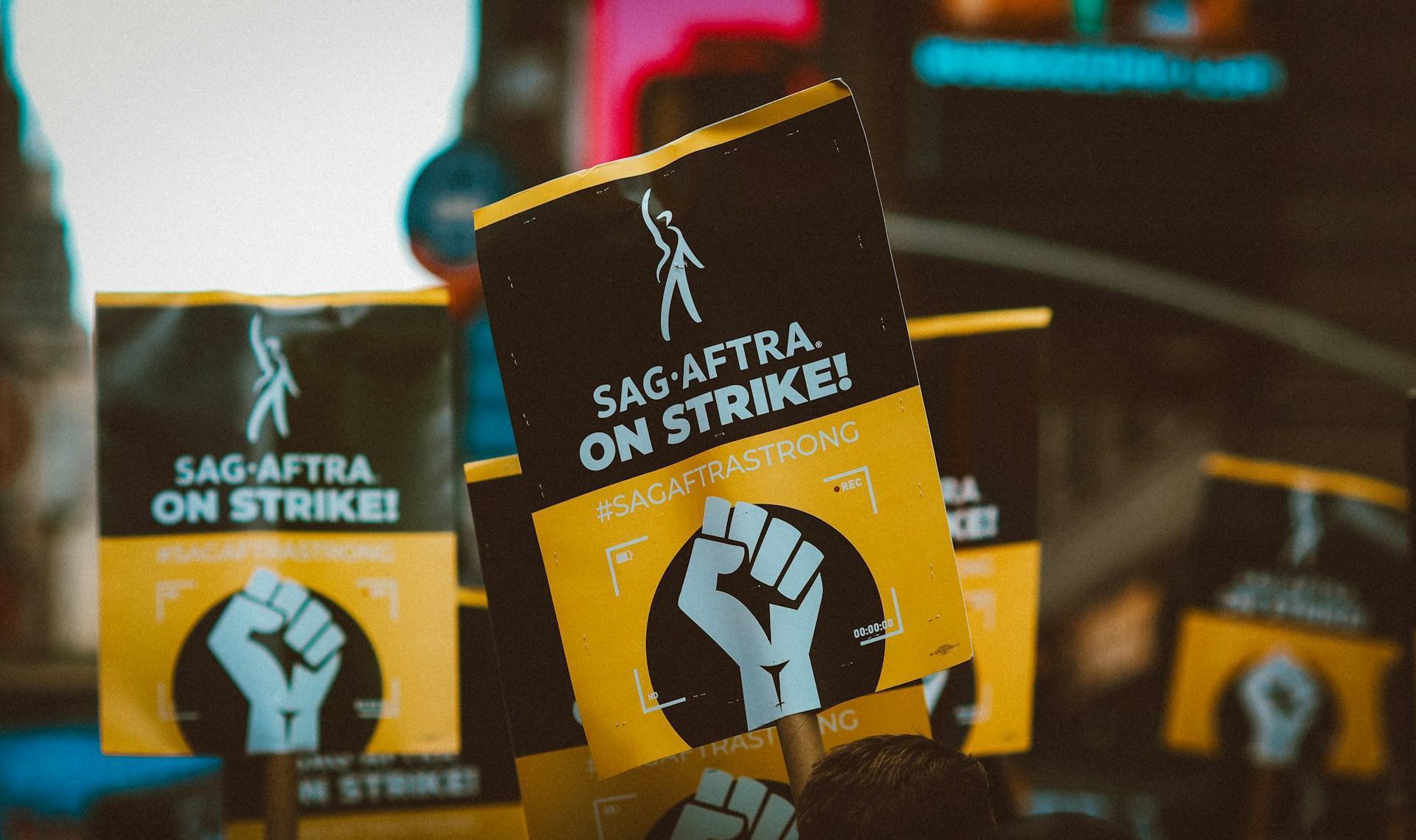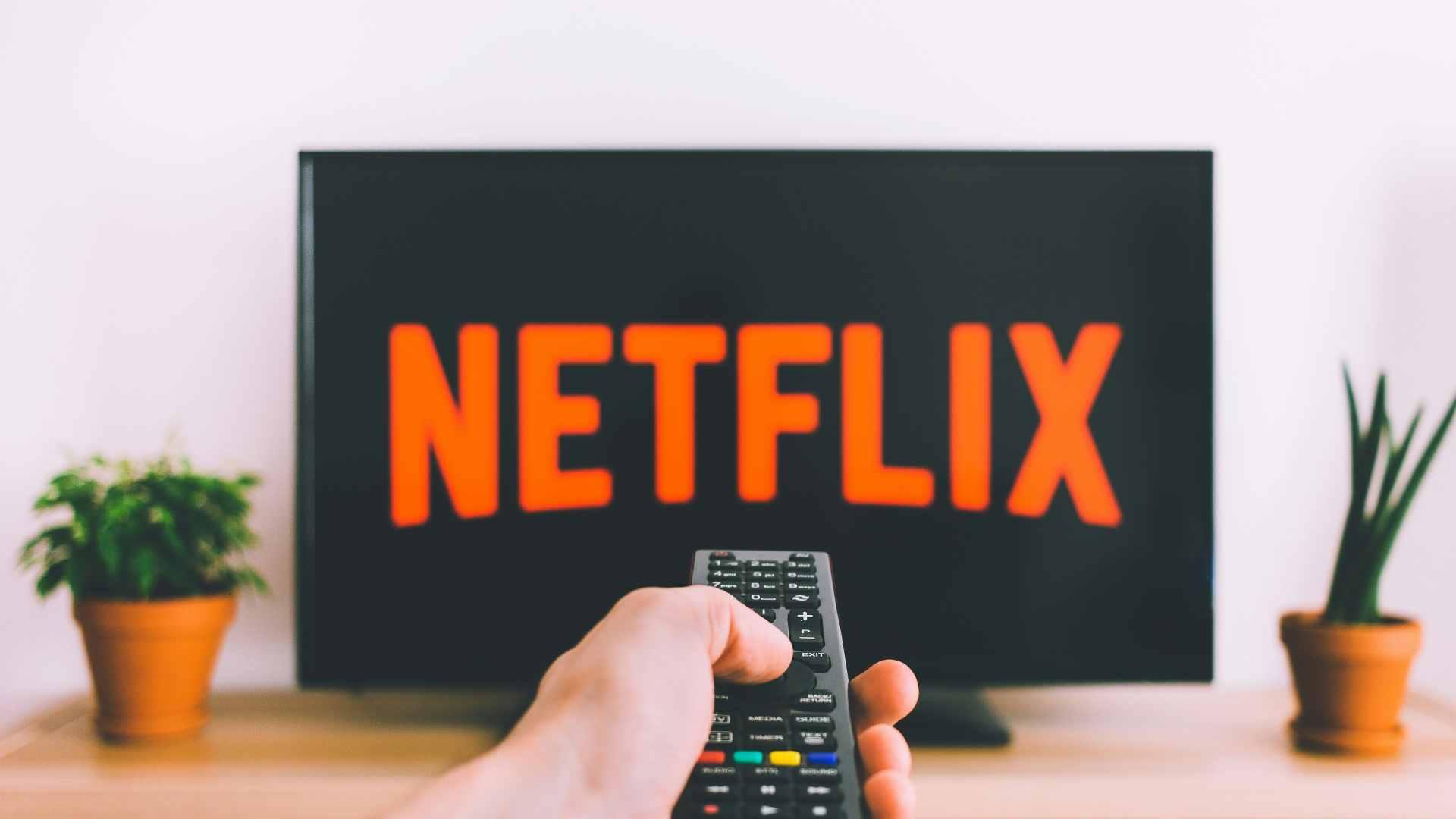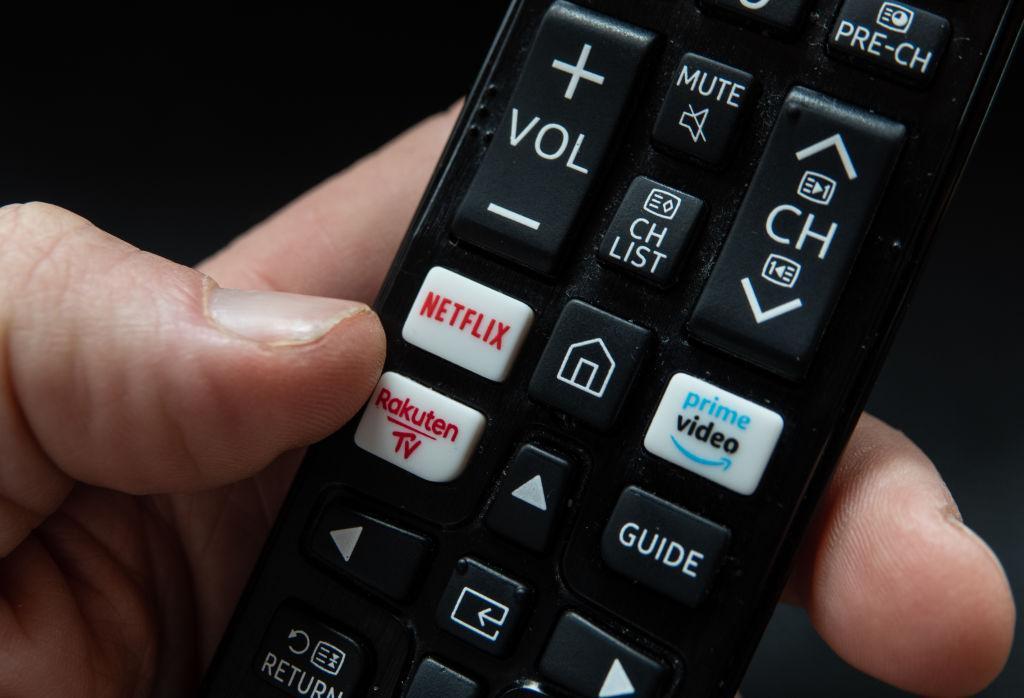Streaming was all the rage during COVID-19. People who were stuck at home were enjoying the vast libraries of entertainment–new and old–and entertainment giants saw streaming as a gold mine.
Then, lockdown ended and streaming services no longer seemed to be the golden egg that many companies thought it would be. This is what led to the current fallout of the streaming bubble.
The Pipe Dream of Streaming

While the entertainment industry is still trying to recover from the effects of COVID-19, streaming services have become a significant financial setback, and the television streaming model is facing a crisis.
Union strikes and day-to-date releases have complicated productions, leading to increased expenses. On top of that, streaming has proven to be unprofitable.
Streaming Isn’t Profitable

Streaming has notoriously been a difficult market to succeed in. Even major streaming platforms like Netflix and Disney+ have struggled to profit.
Paramount reported a 15 percent slump in linear ad revenue in Q4 of 2023. This drop was steeper than expected by analysts. Paramount is a major streaming service from a leading entertainment company.
Companies Ax Jobs to Make a Profit

Over the last year, streamers and talent agencies have gone through massive layoffs or have merged with other companies to help make a profit while losing money.
“I’ve seen lots of downturns, lots of job losses but I’ve never seen anything like this… This is a full-scale depression for the entertainment industry,” a veteran top TV executive explained to Deadline.
The Doom for Entertainment Industries

Some of the major companies like Disney, Universal, Paramount, and Warner Bros have had massive rounds of layoffs over the last year.
Other companies like AMC, Showtime, and Quibi have shut down, unable to make back a meaningful profit that justifies production and staffing costs.
Projects Get Axed, Too

While the future of streaming seemed bright, 2022 started to show signs of the streaming bubble expanding too much.
In 2022, Warner Bros. Discovery CEO David Zaslav sent an earthquake through Hollywood after he axed two projects that were entering post-production. The motivation behind this decision was to shelve the projects, writing them off on the company’s taxes and paying off the company’s major debt.
Saving Money at the Artists’ Expense

Two projects started a major wave of companies removing new and old content from their vast libraries. These movies and TV shows were just gone. No one could find them online or their physical forms.
Artist integrity was pushed to the side in favor of profit. Removing content seems to be the only way to make money on streaming services.
Companies Blame Strikes

Other entertainment companies, like Amazon Prime Video, pulled the plug on several projects, blaming the writers’ and actors’ strikes in 2023.
Hollywood’s new ruthless business model made it impossible for creators who got the lucky greenlight to ensure that their films or TV shows would appear on streaming platforms.
Streaming Model Changes

To make streaming a more profitable business model, streamers introduced an ad-based tier and ad-free tiers, which saw a 30 percent increase in cost.
Price hikes are never subtle to consumers, but streamers are attempting to find ways to nudge consumers toward options that generate profit.
Consumers Are Feeling the Effects

This critical strategic shift in a path to profitability comes at the expense of the consumer. Sure, all content will be accessible to everyone, but your viewing experience will be fully based on whether you want ads or not.
“Streaming is the future of content access, and platforms are trying to create a clearer choice for consumers with their ad-supported and ad-free offerings,” says Julie Clark, senior VP at TransUnion’s media and entertainment vertical.
Streaming Struggle to Find a Wave to Survive

Now, entertainment companies are trying a new strategy as ad-supported plans have run their course. Some, like Netflix and Disney, are cracking down on password sharing in hopes of making more money by expanding their subscriber base.
Netflix has also ceased sharing subscription numbers with investors, stating that it’s no longer an accurate measure of consumer engagement.
The Future of Streaming

The entertainment industry is in a massive shift right now. Audiences want original content, investors are relying heavily on data, and streamers seem reluctant to share information with anyone.
How will the entertainment industry change? It is hard to tell at this point, but consumers will feel the effects for the next few years as the business attempts to pull itself out of the streaming depression.

